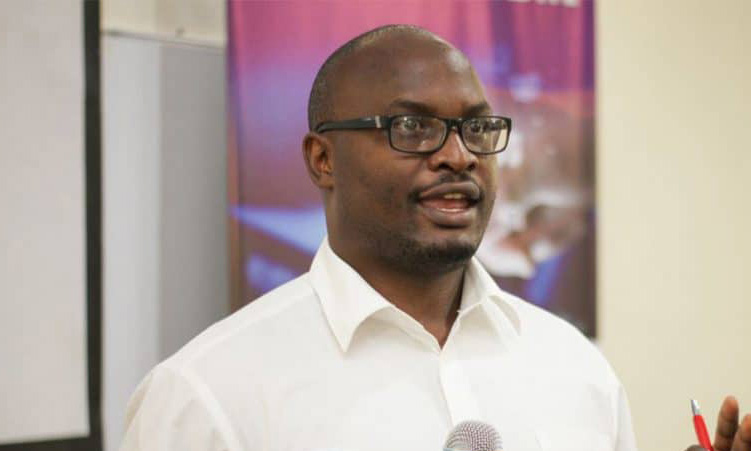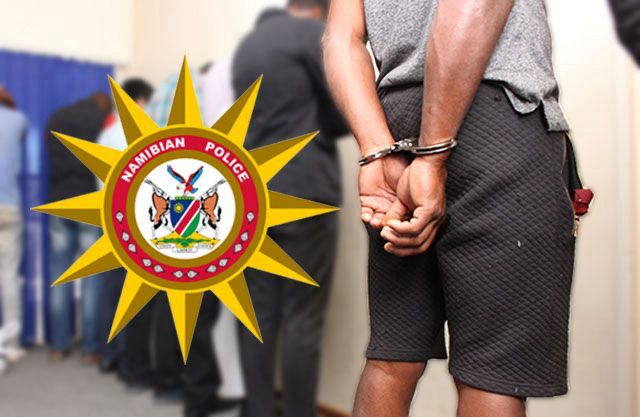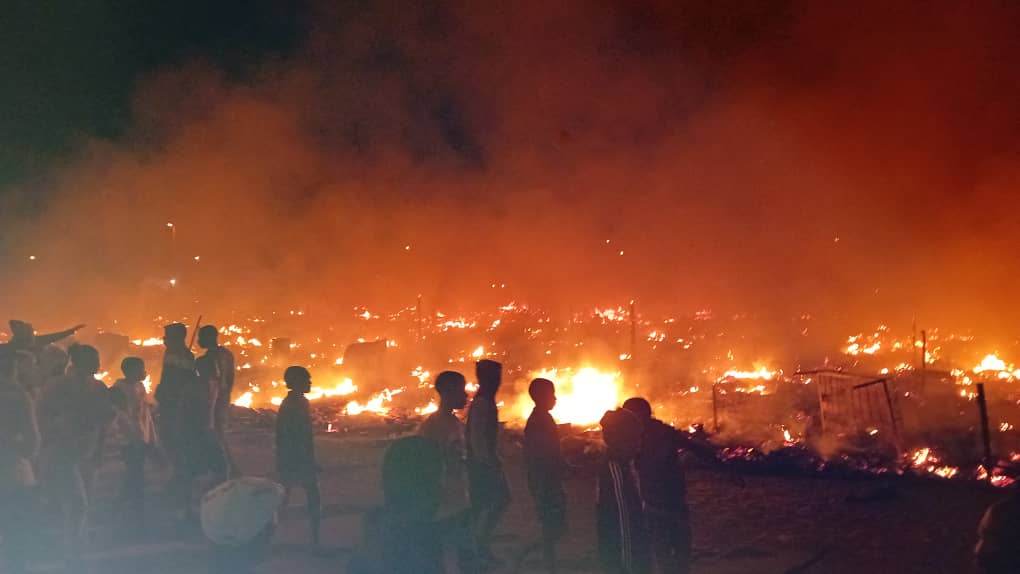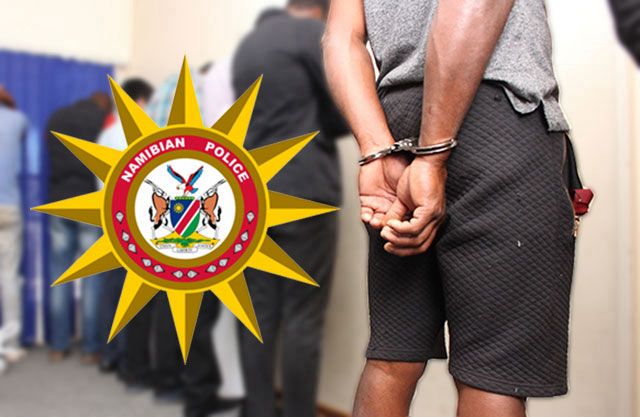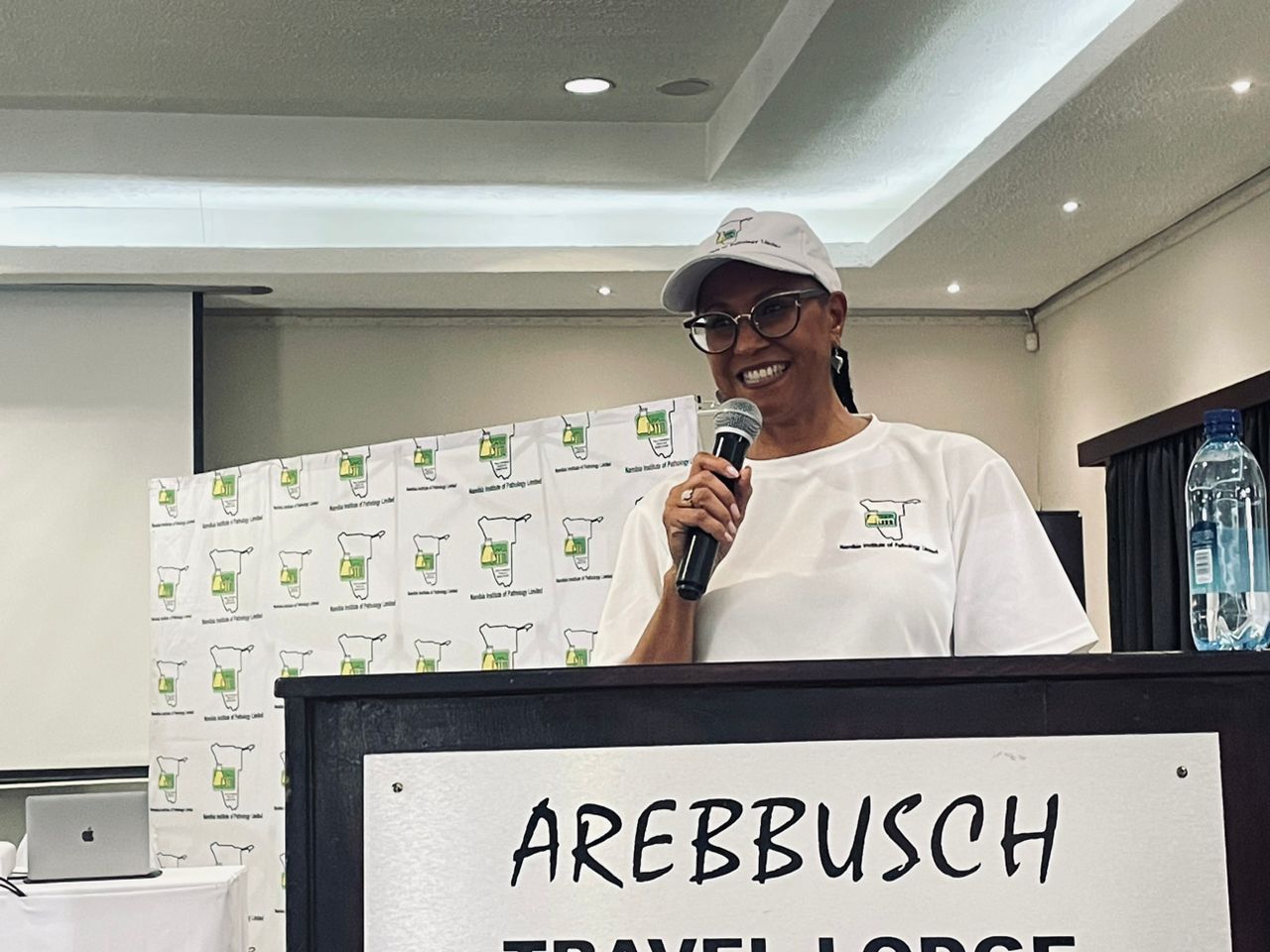The glaring lack of experienced reporters in local newsrooms ahead of this year’s presidential and National Assembly elections is worrying.
The Media Institute of Southern Africa (Misa) says this could negatively affect the quality of reporting on the elections.
Misa regional director Tabani Moyo yesterday called for the continuous training of reporters to enhance reporting standards.
He was speaking at a public dialogue on the role of the media in promoting democratic elections in Namibia, organised by the Friedrich Ebert Foundation.
“Most of the journalists who will be covering this election might be covering an election for the first time in their lives.
“There is a legitimate expectation that the media should remain a viable marketplace of ideas that constantly supply information for decision-making,” he said.
Moyo said juniorised media houses would be challenged to engage in the highly technical formulas of an election.
“In a pre-election system, the electoral board is supposed to train various constituencies on the election,” he said.
Independent researcher Christie Keulder yesterday said the lack of experience in newsrooms has resulted in interns with no real professional qualifications being used to do work that in and by itself is extremely stressful.
“Without adequate mentorship, without financial security for those people, now you can pay them less, but they’re also working on contract.
“I know, I was one of them, although I wasn’t the youngest of them. So what I’m trying to say is I think in trying to hang on, media houses had to implement things that perhaps reduced the quality of their output,” he said.
The Namibian reporter Shelleygan Petersen at the event said the quality of the work depends on the quality of reporters a publication has.
“Do you have the necessary background to understand what this election means? A lot of reporters haven’t been in the newsroom for more than three or four years, which means they haven’t seen the previous election.
“They saw it as voters, not as reporters. And there’s a lot of nuances you need to pick up on as a reporter before and after the elections,” she said.
Petersen said media houses have downsized newsrooms with more junior than senior reporters, which means reports may lose context.
“Your editor is overburdened with three or four interns’ work they need to look through. They need to develop that reporter’s writing.
“You have about two or three senior reporters in the newsroom. They also have to mentor and help that reporter. That leaves so much room for you to not put 100% into your story,” she said.
Namibia University of Science and Technology media lecturer Phillip Santos yesterday said it is important for the media to foster environments conducive to effectively covering elections.
“The resources that are put into preparing the country for elections, training staff that conducts the elections itself, must also include training for reporters, especially if we consider the fact that most of the reporters doing the work on the ground at the moment are junior reporters,” he said.
Namibia Media Professionals Union acting secretary general Jemima Beukes said a lack of experience is affecting the quality of journalism.
“There is an editorial structure, including assignment editors, news editors and subeditors who are responsible for fine-tuning articles. They should be called to task when stories lack context or have been poorly executed,” she said.
Stay informed with The Namibian – your source for credible journalism. Get in-depth reporting and opinions for
only N$85 a month. Invest in journalism, invest in democracy –
Subscribe Now!


